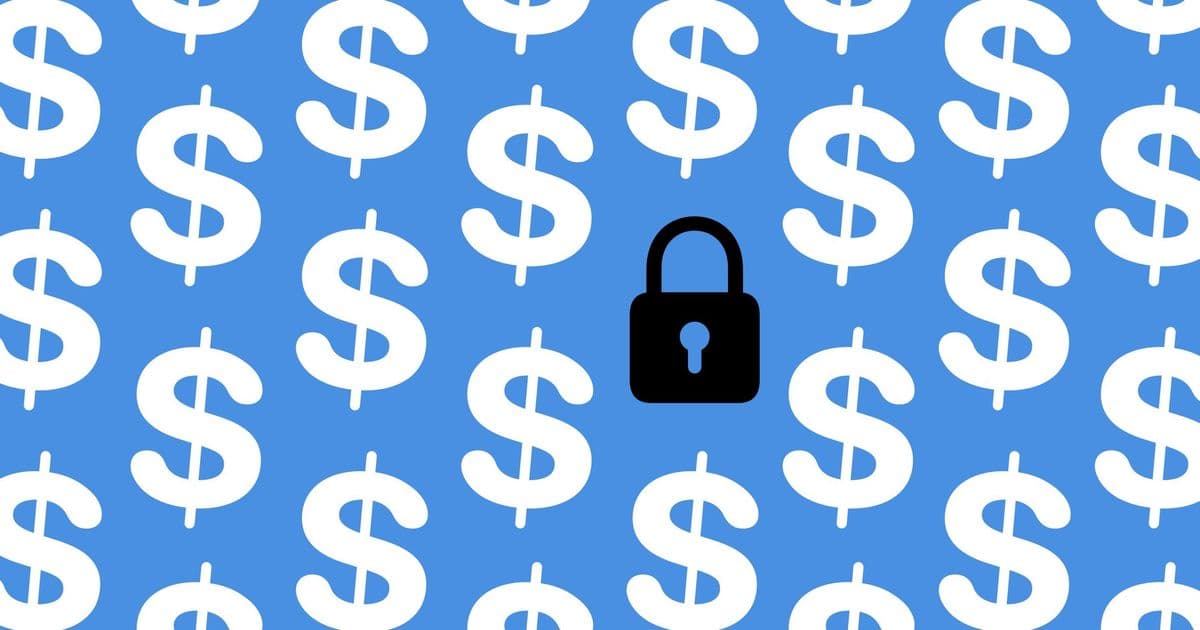Magic Lasso Adblock reveals they could more than double revenue by selling user data like competitors, exposing the stark financial cost of ethical tech principles. Their analysis spotlights the murky economics of data brokerage and Apple's role in incentivizing surveillance. This transparency challenges the industry's quiet trade-off between privacy and profit.
In an era where user data is often treated as a commodity, privacy-focused apps face a recurring ethical dilemma: How much revenue are they sacrificing by refusing to monetize their users? Magic Lasso Adblock, a developer of privacy tools with a strict zero-data-collection policy, has publicly quantified this trade-off—and the numbers are startling.

The Lucrative Alternative
Magic Lasso’s subscription costs users $30 annually. Yet data brokers—including industry giants like Lotame, Experian, Equifax, and Datos (a SEMrush subsidiary)—typically pay between $10 to $15 per user per year for granular behavioral data. By adhering to its 'no tracking, no logging, no collection' policy, the company acknowledges leaving approximately 50% of potential high-margin revenue on the table. Crucially, this broker revenue wouldn’t incur Apple’s 15% App Store tax, further widening the profitability gap.
"We could more than double our revenue and profit by selling user data. This isn’t theoretical: it’s real cash left on the table," the company states bluntly.
Apple’s Privacy Paradox
The analysis also critiques Apple’s much-touted privacy stance. While the tech giant promotes user protection, its App Store fee structure exclusively taxes paid apps—effectively incentivizing free apps to adopt data-harvesting business models. "Apple’s policy... encourages app business models that disregard [privacy], creating a fertile environment for data mining," Magic Lasso observes, suggesting a misalignment between Apple’s marketing and its economic pressures.
The Ad Blocker Hypocrisy
Magic Lasso further highlights a troubling trend within its own industry: many ad blockers secretly track users despite privacy claims. "Many openly admit in their privacy policies that they do track user behaviour – whether they sell it is often undisclosed," they note. This murkiness contrasts sharply with their transparent, subscription-driven approach.
Ethics as a Sustainable Model
Despite the financial temptation, Magic Lasso defends its choice: "Direct, privacy-driven revenues from actual customers who love our product are more desirable... than data deals." As a private company free from shareholder pressure, they prioritize "sustainable, ethical growth, not exploitation." Their public disclosure of this revenue calculus is itself an act of transparency rare in tech.
The takeaway is stark: Privacy has a quantifiable cost. For Magic Lasso, forgoing $15 million in potential annual revenue (based on their user base estimates) is the price of integrity. Their stance challenges an industry where selling user data remains a seductively easy profit engine—and invites users to scrutinize who truly protects their digital lives.

Comments
Please log in or register to join the discussion